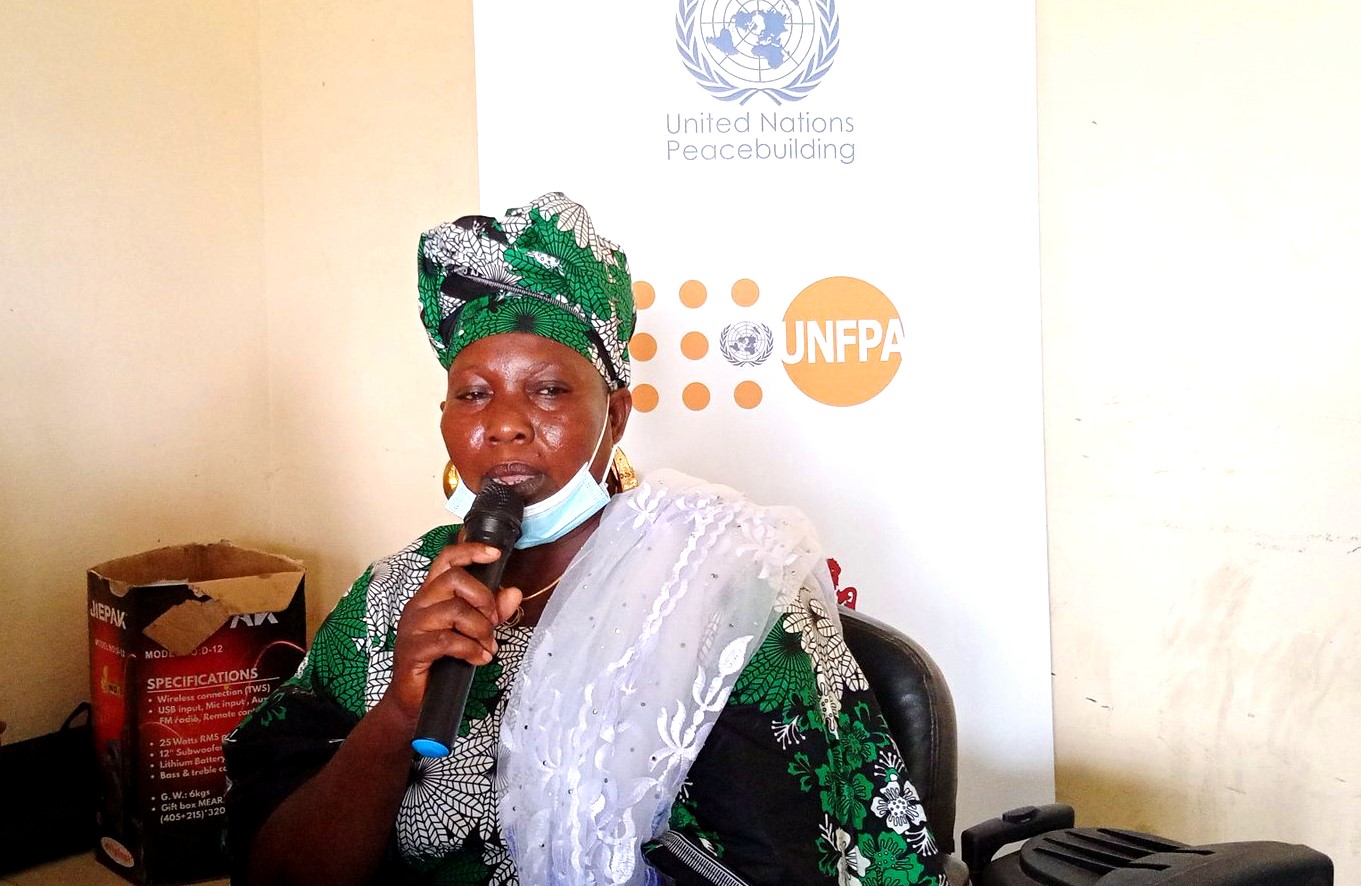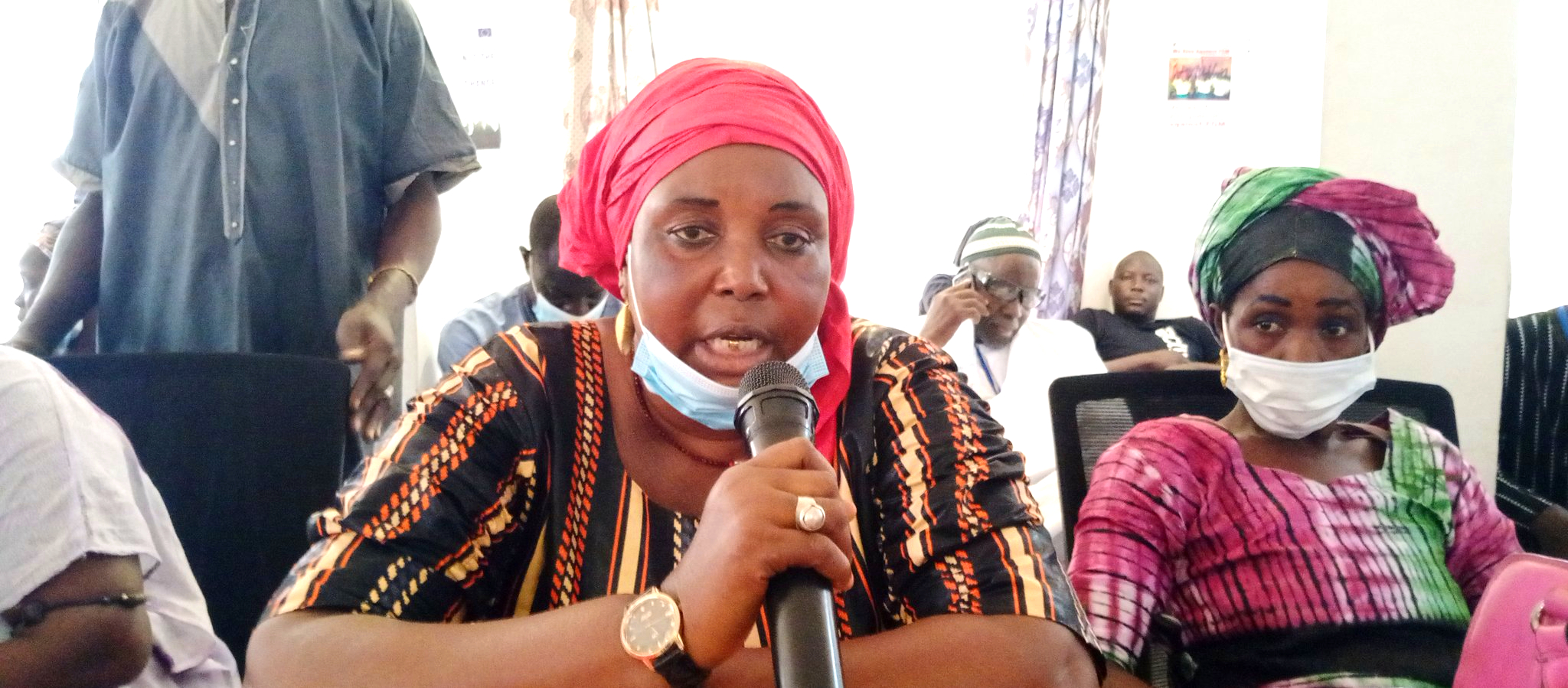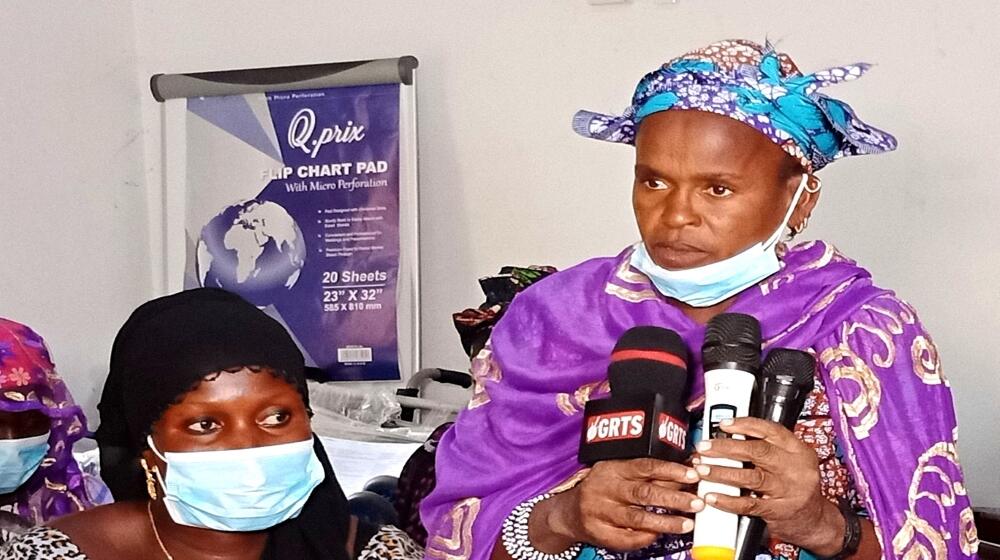Addressing climate change and its impact, has a ripple effect on ending inequality, empowering communities and fostering resilience. Ensuring that responses to climate realities are inclusive will enhance the prevention of and response to violence against women at grassroots levels, especially where such violence is induced by climate related vulnerabilities.
ACTIVISTA The Gambia with support from the UN Peacebuilding funded project on climate change, held stakeholder roundtables in three regions of The Gambia to create an inclusive and representative platform for local farmers and regional authorities to discuss and share perspectives and experiences on the impact of climate change. Supported by UNFPA The Gambia, the roundtables were an opportunity to chart out strategic and sustainable coping mechanisms and enhance stakeholders’ response largely focusing on climate-conflict and gender.

Held from 30th July to 3rd August 2021 at the Kuntaur, Janjanbureh and Basse Administrative Areas, the roundtables brought together a cross-section of key stakeholders on climate change including local farmers, women and gender groups, regional public authorities and officials from the state's Department of Forestry.
Reaching over 220 stakeholders, the roundtables provided a platform for constructive engagement to share experiences, explore existing climate policy instruments, and chart out strategies to address the catastrophic impact of climate change on the lives and livelihoods of communities which disproportionately affect women. The Roundtables equally provided women farmers the opportunity to directly engage public officials and hold them to account by asking questions pertaining to their duties and primary responsibilities in the fight against climate change and mitigating its impact on women and other vulnerable groups.
Climate change and climate induced conflict is real. Climate change affects women more and efforts to mitigate it must be taken seriously. Mary Saine, participant - Central River Region

Through these roundtables, stakeholders discussed the gender dimension to accessing, controlling, and ownership of land and other resources and the conflicts emerging from these, which ultimately affect women in their communities.
With the support of UN Peacebuilding, UNFPA is engaging stakeholders and calling for the strengthening of community mechanisms to address the impact of climate change on communities, especially focusing on addressing the climate-induced conflicts exacerbating women’s vulnerabilities.
Media contact:
Haddy Jonga – Programme Analyst Communications, UNFPA The Gambia jonga@unfpa.org


